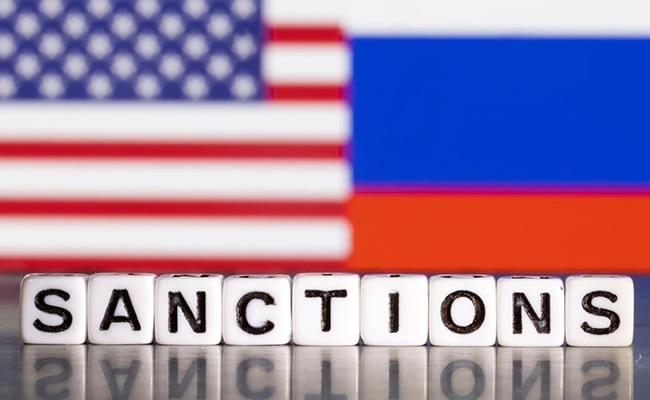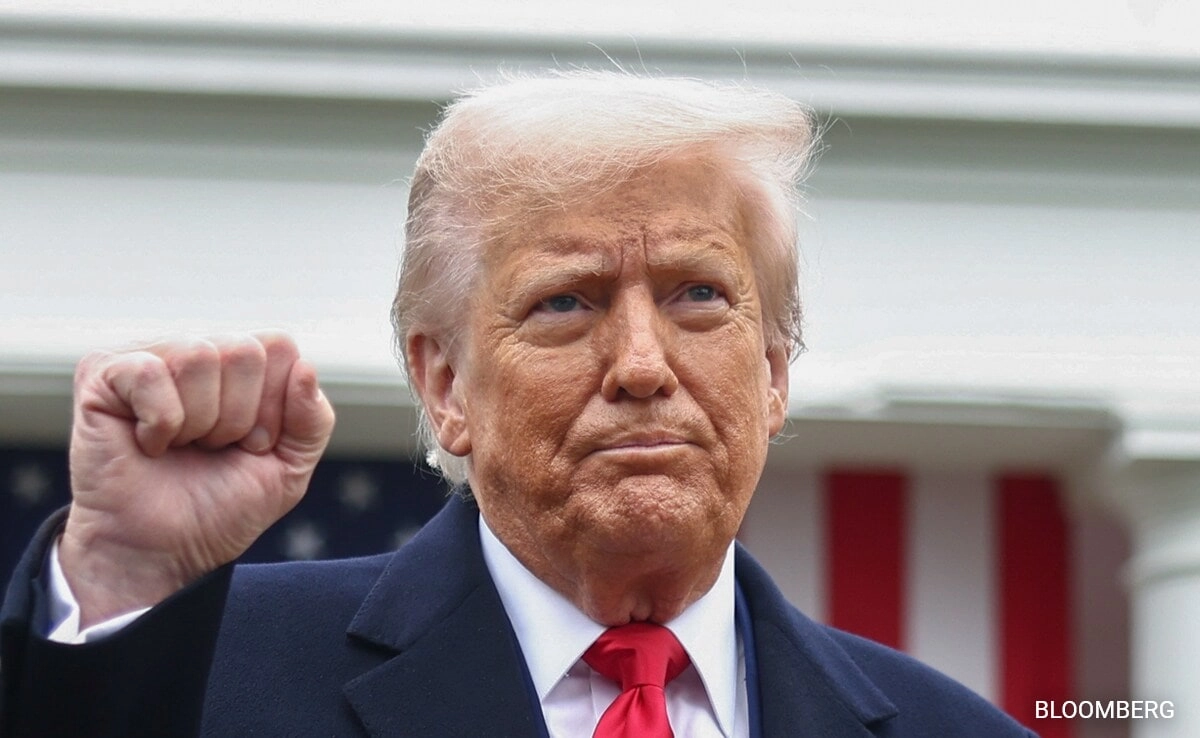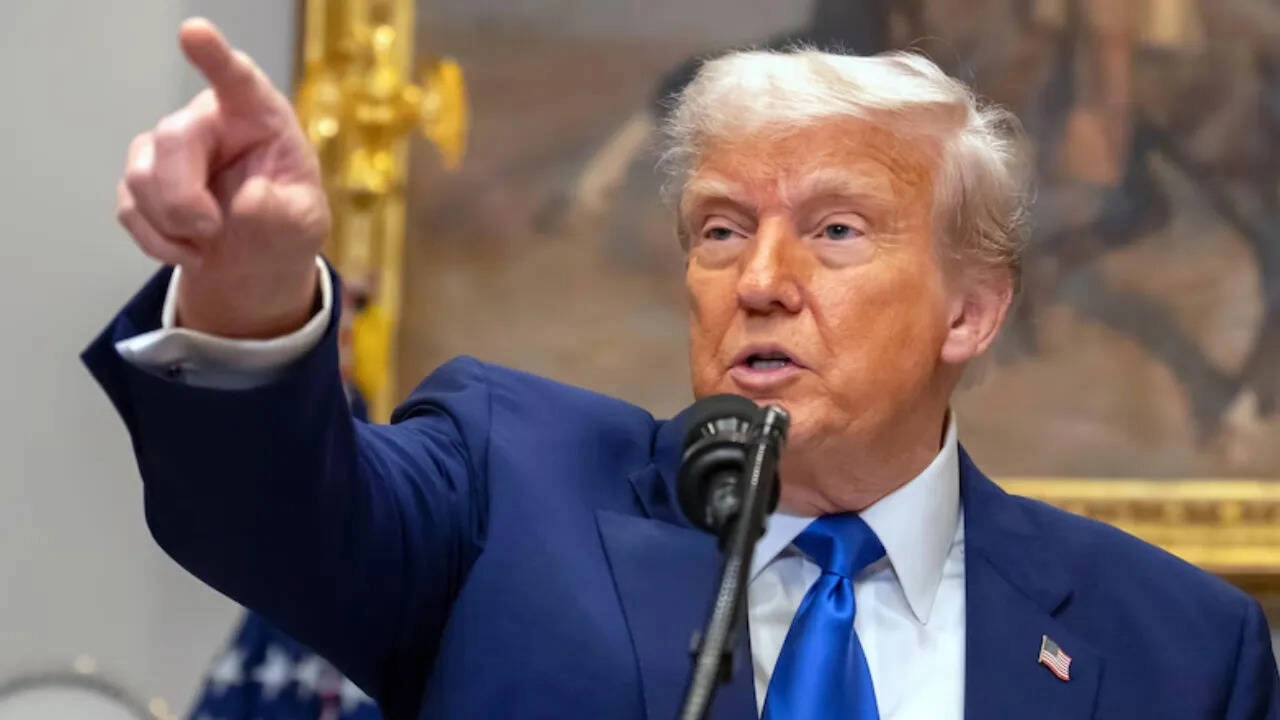The geopolitical landscape has undergone significant changes in recent years, particularly with the imposition of tariffs by the Trump administration. These tariffs were initially aimed at countering perceived trade injustices and protecting American industries. However, the broader implications of these tariffs have inadvertently affected global alliances and economic dynamics, especially regarding Russia and India. The West’s approach toward Russia had been characterized by a mix of sanctions and diplomatic isolation, primarily in response to its aggressive actions in Ukraine and other regions. This strategy, while intended to penalize Russia, has also resulted in unintended consequences that have reshaped the economic landscape.
As the West seeks to counterbalance Russia’s influence, it appears to be shifting some of its economic burdens onto other nations, particularly India. India, with its growing economy and strategic importance, has found itself in a position where it is expected to absorb some of the fallout from Western policies. This expectation raises questions about the fairness and sustainability of such a strategy. While India has historically maintained a non-aligned stance, the pressures from Western nations to align more closely in economic and geopolitical matters could create tensions that undermine its sovereignty and economic independence.
In this context, it is essential to reassess the effectiveness of the West’s strategy towards Russia and the expectations placed on India. The current approach risks alienating nations that could play a pivotal role in fostering a more balanced global order. Instead of placing the burden on India, the West should consider a more collaborative approach that respects the interests of diverse nations while addressing the challenges posed by Russia. By fostering partnerships based on mutual respect and shared interests, the West could build a more resilient international framework that mitigates the risks associated with unilateral actions and tariffs.
Ultimately, the situation calls for a reevaluation of the strategies employed in dealing with both Russia and emerging economies like India. The West’s past mistakes should serve as lessons for future policies that seek to engage rather than isolate nations. A cooperative approach, which recognizes the complexities of global interdependence, can pave the way for more effective solutions that benefit all parties involved, rather than leaving India to foot the bill for decisions made elsewhere. Only through thoughtful engagement can we hope to create a more stable and equitable global economy.




